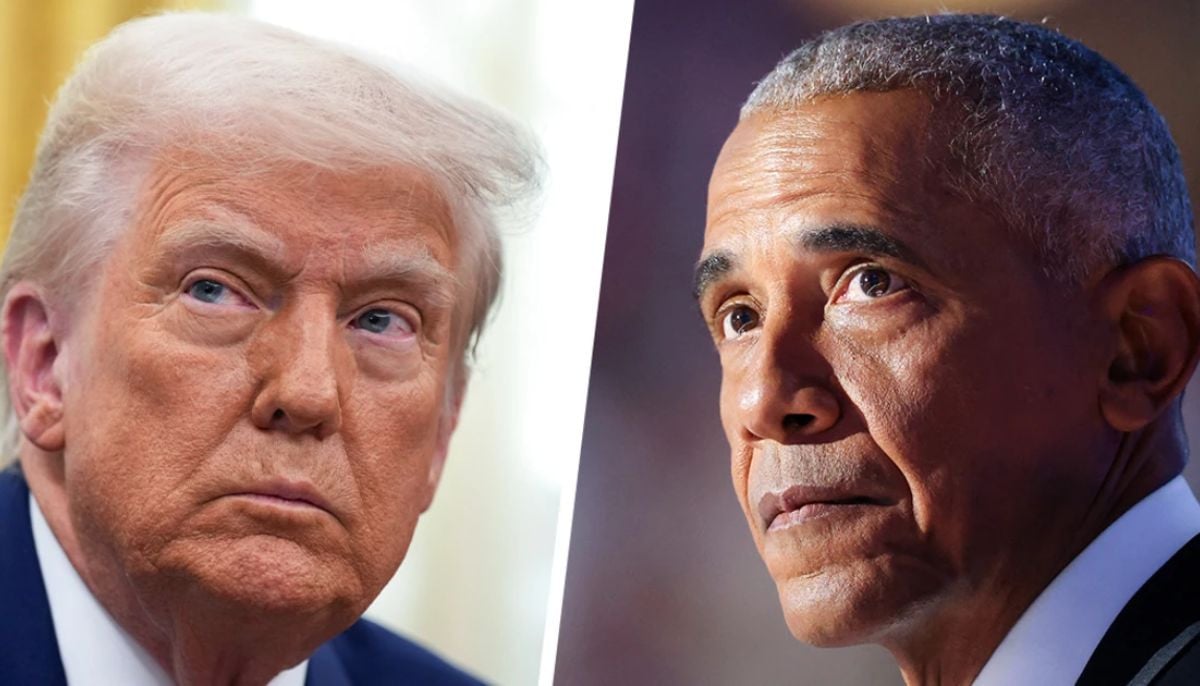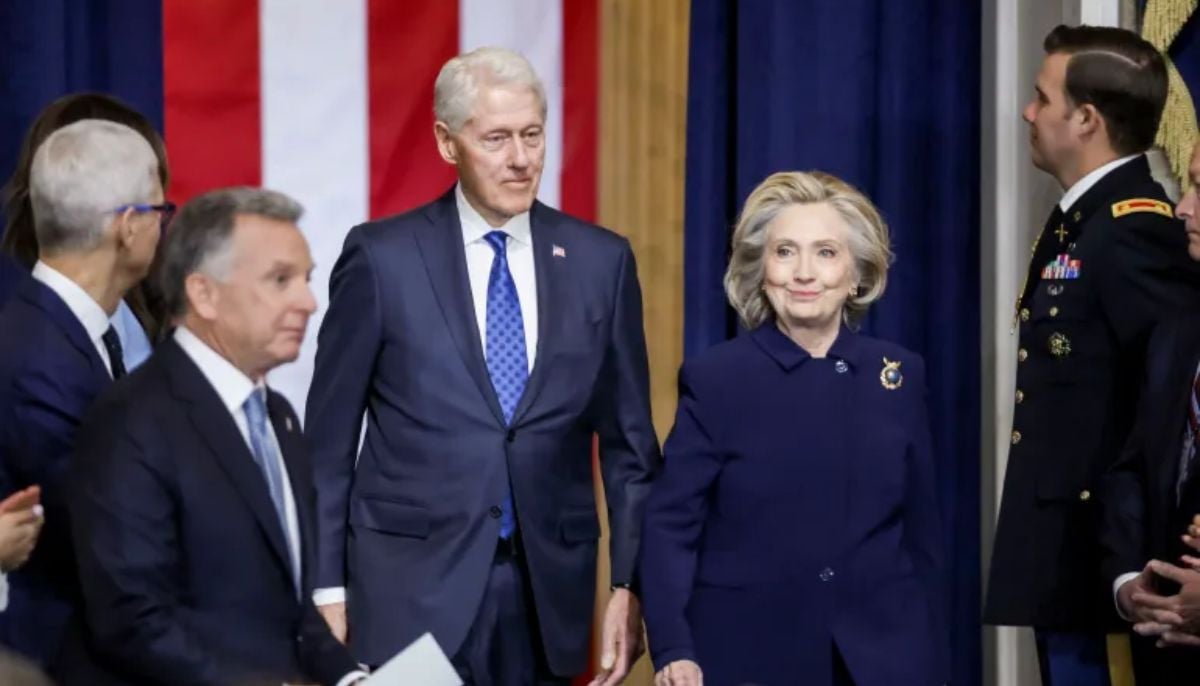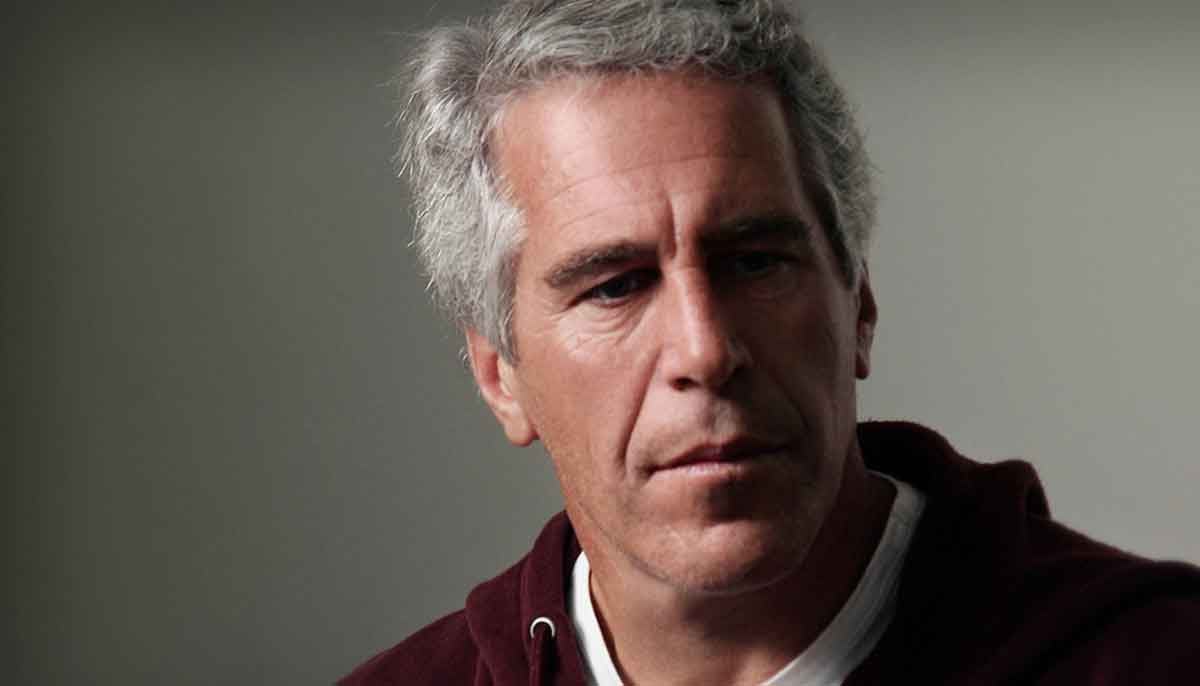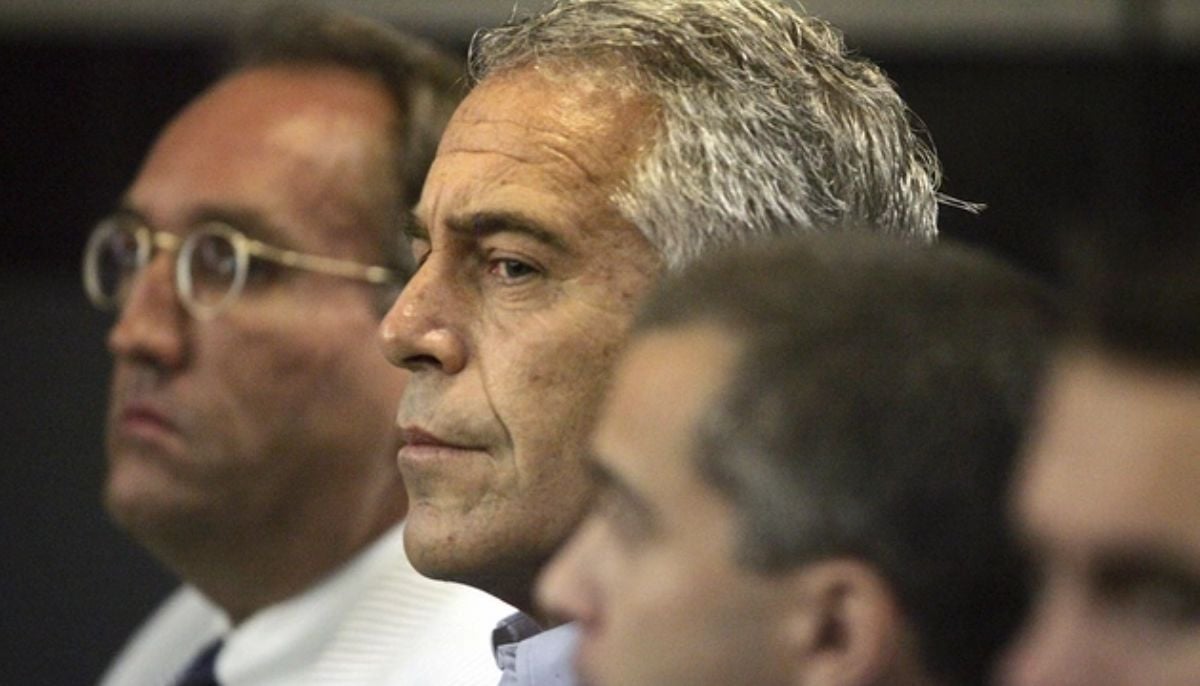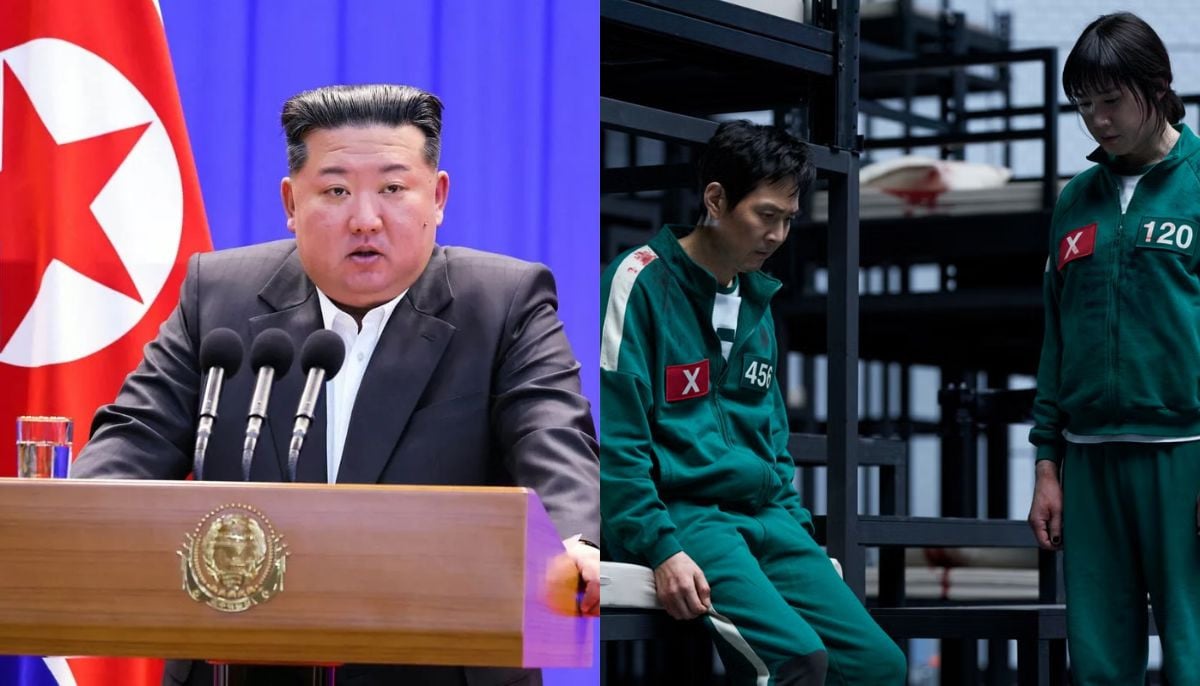Tablighi Jamaat in Britain splits sharply in two factions
The Islamic missionary and reformist movement called Tablighi Jamaat has split into two groups in Britain with one faction following Raiwind Markaz while the other is following Moulana Saad of Nizam-ud-Din in India.
LONDON: The Islamic missionary and reformist movement called Tablighi Jamaat has split into two groups in Britain with one faction following Raiwind Markaz while the other is following Moulana Saad of Nizam-ud-Din in India.
These differences started in 2015 when the advisory committee – or shoora - was formed to deal with all important matters including international congregations (also known as aalmi Ijtama).
The followers of Nizam Ud Din in India refused to accept the decisions of shoora and decided to obey only the decision of Moulana Saad of Nizam ud Din.
These differences led to split not only for the followers of Tablighi jamaat but also caused split in Tablighi centres in Britain for the first time. The Tablighi jamaat started its mission in Britain around 50 years ago and its membership grew steadily.
Now, the followers of Raiwind Markaz or Masjid Ilyas, in east London, have established a new Tablighi centre in Blackburn confronting the famously sprawling Tablighi centre of Dewsbury.
The followers of Moulana Saad of Nizam-ud-Din have established their own Tablighi centres including in East London, besides their stronghold of Dewsbury Tablighi centre.
The differences grew so much that several incidents of brawl occurred and members and elders assaulted each other in London Markaz – also known as Masjid Ilyas and Abbey Mills Mosque. Tablighi Jaamt and police sources have confirmed that the police were called about 13 times and four people were arrested on different occasions.
A source said that a group of Tablighi followers from Bangaldesh and Indian Gujarat ganged up against the Tablighi members from Pakistani background and other countries and as a result the Abbey Mills Mosque became a battleground.
While the case of dispute of land possession of Ilyas Masjid was brought before the court by the warring groups, the London High Court earlier this year issued a devastating verdict against the Tablighi centre for being in violation of the laws.
The London High Court has ordered that the local Newham Council was right to deny planning permission to London Markaz and ordered that it should be demolished because the masjid was built on the land allocated for some other purpose.
While the Markaz is still operating and may continue to do so for a few months, there are heavy restrictions in place and division and tensions is visible. The two factions now don’t go to each other’s mosques and security personals are deputed at the gate of Ilyas Masjid to identify the members who come to the mosque to attend sermons. The management of Masjid Ilyas has restricted entry of a few individuals.
Moulana Soulat Skinder, the leader of Abbey Mills Mosque, confirmed that the Tablighi Jamaat is no more one piece. “There are some differences between the factions of Tablighi Jamaat which can be resolved. We are making efforts to resolve these issues. We feel sorry that there are divisions, this means Ummah divided.”
Haji Bostan, the follower of Moulana Saad of Nizam-ud-Din and leader of Dewsbury Tablighi Centre told The News/Geo that these matters of difference are of personal nature. “These differences have nothing to do with Shariah,” he said.
Moulana Bostan said no organisation can be run without a figurehead. He said that the Raiwind Markaz “has been kept in dark and illusion”.
He added: “The Blackburn Mosque and Masjid Ilyas have their personnel agendas. They are not serving Tablighi Jamaat. The new Tablighi jamaat doesn’t match with the original Tablighi Jamaat founded by Moulana Ilyas.”
He said that some people have not told true story of the disputes to Moulana Abdul Wahab. He suggested that the differences can be resolved if Moulana Abdul Wahab and Moulana Saad could sit across each other to end the differences. Haji Abdul Wahab didn’t think that some spy agency could have caused the right between the two but he didn’t rule out “an international conspiracy”.
It is pertinent to mention that Aalmi Tablighi Jamaat was formed by Moulana Ilyas in 1926 in Indian town of Saharanpur. The purpose of formation of Tablighi Jamaat was to bring reforms within the Muslims. Now after 92 year of its life of Jamaat and its activities, the number of followers of Tablighi Jamaat stands at around 80 million in mainly India, Pakistan and Bangladesh and it has presence in at least 150 countries. Currently, there are three strong centres of Tablighi Jamaat in the world: Raiwind Markaz of Pakistan, Nizam ud Din of India and Kakrail of Bangla Dash.
In Britain, Tablighi Jamaat has one of the strongest presence outside of these countries. Tablighi Jamaat was so well-organsied at one stage that it stunned media in Britain when it told local council and courts around 12 years ago that it would built a mega mosque at the current place of disputed Masjid Ilyas land – and assured that it had funds of hundreds of millions of Pounds for a purpose built Tablighi mosque that could host thousands of people at one time, thereby becoming the largest mosque anywhere in the West.
The plan to build the mega mosque now stands ruined not only because of the London High Court order but also because of the fact that the Tablighi elders are involved in a bitter do-or-die fight.
-
Epstein probe: Bill, Hillary Clinton call for public testimony hearing
-
Epstein ties: UK police search properties in probe into Peter Mandelson
-
Three killed, several injured after car crashes straight into Los Angeles supermarket
-
Inside Jeffrey Epstein's troubling final days before suicide
-
Woman, five others accused of plot to kill judge 'to free jailed lover'
-
Japan’s cherry blossom festival canceled in Fujiyoshida; Here’s what to know
-
Florida state employee jailed for over $1.5m fake claims scam
-
North Korea executes teens over ‘Squid Game’ as K-Pop crackdown intensifies


